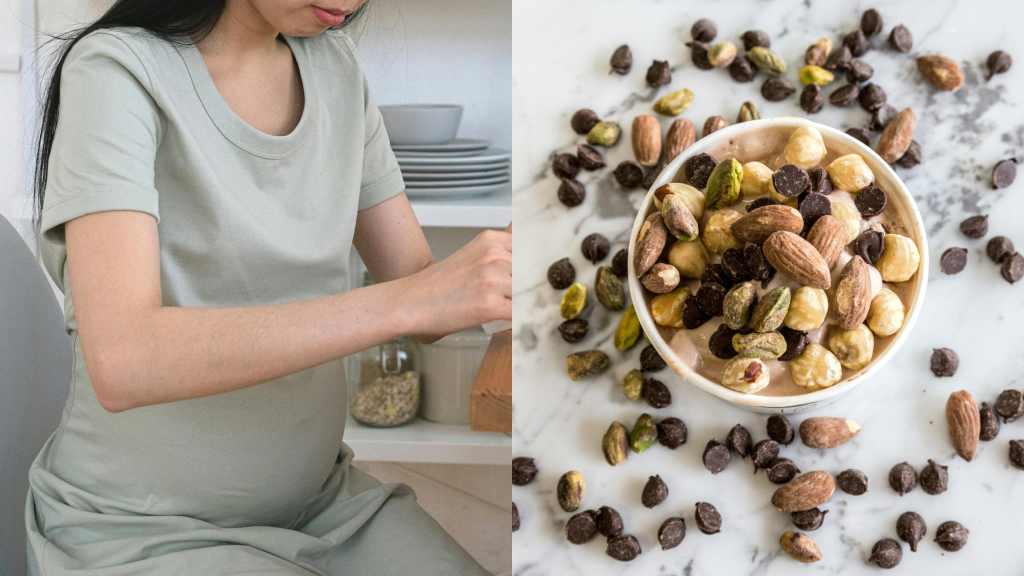
A new study has found a possible association between the consumption of nuts during pregnancy and reduced risk of peer problems in childhood.
Key points:
- The study, published in the Journal of Pediatric Gastroenterology and Nutrition on March 7, found that 5-year-old children whose mothers had eaten nuts during their pregnancy had a 36% lower risk of having peer problems compared to those whose mothers had not.
- Meanwhile, no measurable associations were found between nut consumption and the risk of childhood emotional problems, conduct problems, hyperactivity problems and low prosocial behavior.
The details:
- The study involved 1,199 Japanese mother-and-child pairs. The children were aged between 59 and 71 months.
- Researchers assessed the mothers’ diet using a diet history questionnaire, while the children’s peer problems, emotional problems, conduct problems, hyperactivity problems and low prosocial behavior were assessed through a parent-reported version of the Strengths and Difficulties Questionnaire.
- Nuts are known to be rich in nutrients, including unsaturated fatty acids, protein (l-arginine), dietary fiber, vitamins (folate, niacin, tocopherols and vitamin B6) and minerals (calcium, magnesium and potassium), the researchers noted. Almonds, peanuts, macadamia nuts, cashew nuts, walnuts and pistachios are reportedly the most common ones consumed in Japan.
- Researchers noted several limitations of the study, such as its reliance on parent-reported data for their children’s behavioral assessment. This, they said, “may have introduced bias.”
- The research team was led by Mai Quynh Nguyen of the Food Microbiology and Function Research Laboratories, part of the R&D Division of Meiji Co., and Yoshihiro Miyake of the Department of Epidemiology and Public Health at Ehime University Graduate School of Medicine.
Looking ahead:
- The researchers recommend further research into the possible benefits of nut consumption during pregnancy on…
Read the full article here





